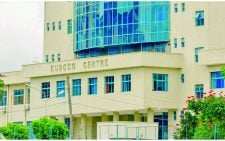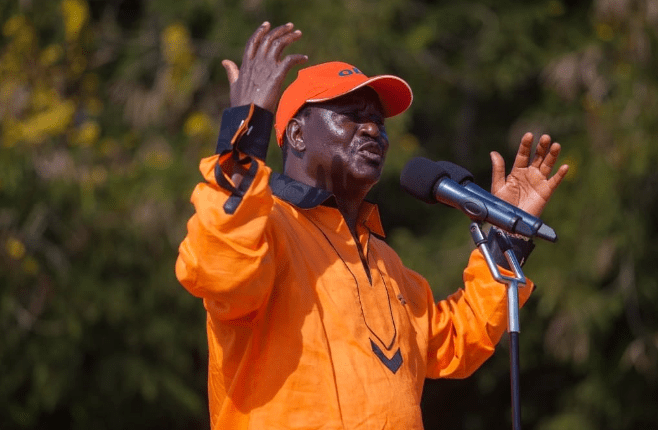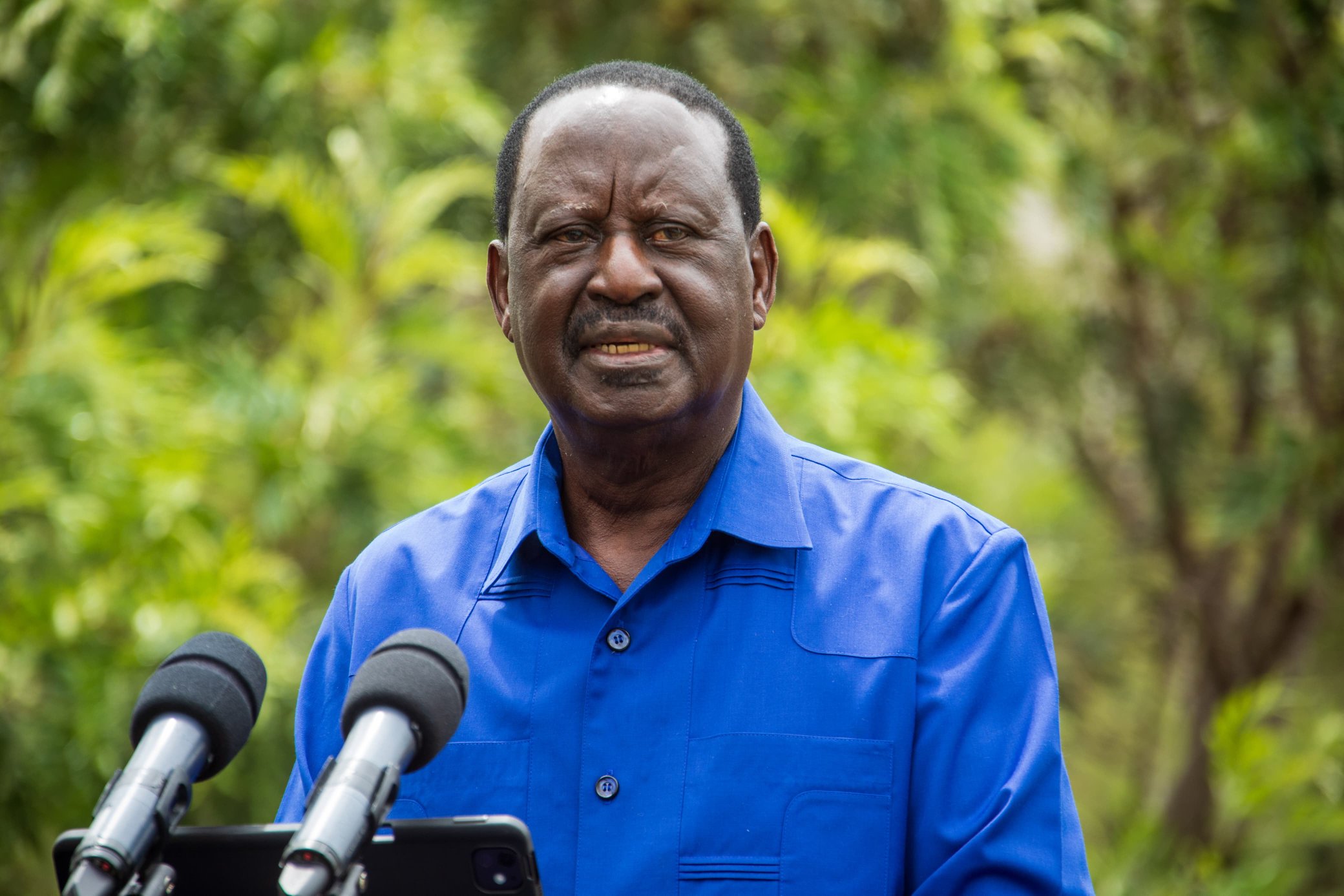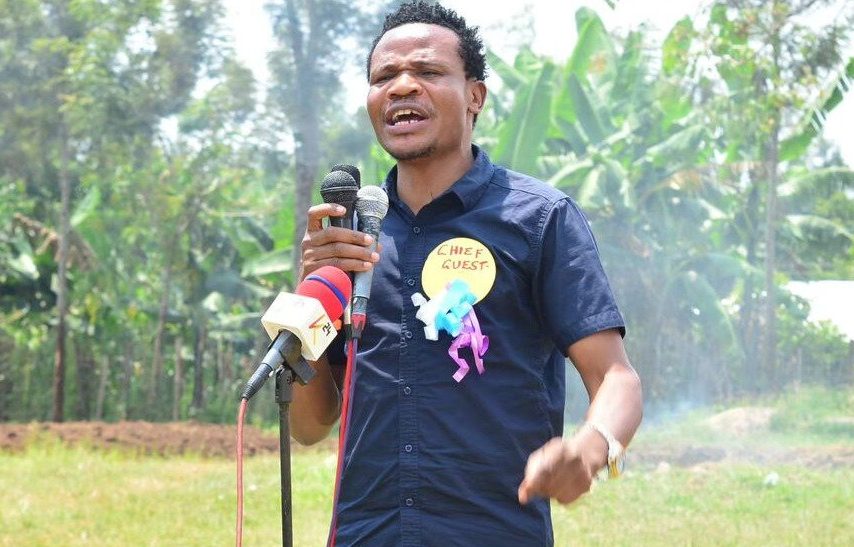Outcry as animal feed industry chokes on exorbitant pricing
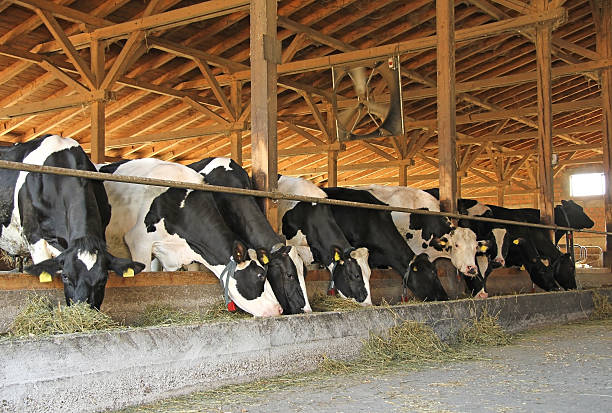
Researchers in the science of biotechnology in Kenya have warned that animal feeds prices will continue to go up if the government doesn’t lift ban on importation of genetically modified (GMO) raw materials in the country.
Speaking during a National dialogue on Building a Sustainable Animal Feed System in Kenya: The Role of Agri-biotech Innovations and Trade, Martin Kinoti, Secretary General Association of Kenya Animal Feed Manufactures (Akefema ) said that the import ban continues to disadvantage the country by blocking local agricultural value chain actors from the benefits associated with new bio-innovations in agriculture.
“The ban denies local food and feed processors access to affordable quality raw materials, thereby rendering the sub-sector uncompetitive both regionally and globally. Further, competition of white maize between livestock versus human nutrition needs results in scarcity and high prices with poor quality grain being processed for feed,” Kinoti said.
He said although in October 2021 President Uhuru Kenyatta ordered the Ministry of Agriculture, Livestock, Fisheries and Cooperatives to urgently come up with a framework for reducing the cost of feed in the country, nothing has changed.
The reason is, the published guidelines that outlined waiver of duty for imported raw materials with yellow maize and soybean being among the key commodities, put a caveat that all imports should be non-GM due to the 2012 ban on importation of GM foods in the country.
“To solve this crisis,the government needs to review legislation with a view of allowing utilisation of genetically modified products, such as maize, soyabeans, sunflower and cotton among others, within the internationally peer reviewed recommendations.The government should also vacate the ban on importation of GMOs and adopt evidence based decision making going forward,” he explained.
He said high maize, wheat and soya prices have been experienced globally for the last two years, which also translates to high milling by – product prices. On average, raw material prices have gone up by about 30 to 60 per cent.Though there exists an opportunity to shift to use of yellow maize to lower the cost of production since it is readily available in the market, most of the seeds available in the market is genetically modified, which is outlawed in Kenya.
Dr Margaret Karembu, the Director of International Service for the Acquisition of Agri-biotech Applications (ISAAA-Africentre) Africa-region and pioneering chair, Open Forum on Agricultural Biotechnology in Africa (OFAB – Kenya chapter) there is need to embrace genetically modified feeds, because over 80 per cent of the soybean supplies and 30 per cent of the maize available on the international markets are genetically modified, and those supplies are more plentiful than non-GM crops, and are equally safe and nutritious.
Safe and nutritious
As a result, imported animal products, such as eggs and meat in our shelves, most of which are processed from animals fed with GM feed are way cheaper than those that are locally produced. This had led to job losses at a time when unemployment rate due to Covid-19 pandemic is at the highest. As well, hundreds of youths graduating from biotechnology courses in our universities are facing challenges partnering with the international community to venture into biotechnology enterprises, because of the negative perception the stay of the ban has created.
“It is becoming increasingly difficult and expensive for local food and feed manufacturers to access non-GM maize and soybeans. This has impacted negatively on the competitiveness of the whole food and feed value chain, and specifically the livestock sector. Competition of white maize between livestock versus human nutrition needs has resulted in scarcity and high prices with poor quality grain being processed for feed,” said Dr Karembu.
Tried and tested
She said the government should lift the ban, because most of the GM commodities that will usually be shipped for making animal feeds usually come in milled form, including soy cake, soy/corn blend and the highly-priced Dried distillers grain with solubles (DDGS) and, therefore, cannot propagate in the local environment.
Further, there is no justifiable scientific basis for restricting use of safe GM feed given the country recently approved cultivation of Bt cotton, 60 per cent of which will be used as cotton seedcake for livestock.
And does the country have the capacity for biotech? Prof Joel Ochieng, Secretary General, Kenya University Biotechnology Consortium says that the country has the capacity since it has a robust policy, legal and institutional framework for the assessment and approval of development, handling and transfer of GM organisms and the products thereof. The framework has been tried and tested, and found to be functional in the approval process of activities involving GMOs on a ’case-by-case basis’. “If we embrace biotechnologies interventions,we will improve the quality of our locally produced raw materials and at the same time restore yields ,improve their safety,maximize the utilization of the little feed available and lower the amount of energy lost,” says Ochieng.
Currently,livestock farmers in Kenya are staring at a bleak future following a dire shortage of livestock feeds, a situation that has exorbitantly pushed up livestock production costs in the country.
So hard hit are the dairy, beef, pig and poultry farming sub sectors that some farmers have downscaled their production or even been forced to close down due to unavailability or unaffordability of the feeds locally.
Thirty-six feed millers have closed shop within the last one year owing to scarcity of raw materials for manufacture of feeds. Further, this has led to massive job losses at a time when unemployment rate due to Covid-19 pandemic is at its highest.
The state department of livestock principal secretary, Harry Kimutai said the government has developed a biotech crop Post-Release Monitoring Framework in readiness for the lifting of the ban and adoption of bt maize once it is approved for cultivation. “The Post-Release Monitoring Framework on Bt Maize will be sufficient in safeguarding human health as the country considers lifting the GM food import ban,” said PS Kimutai.
To sustainably resolve the feed crisis, Kimutai said the government has put in place a strategy that will ensure Bt cotton seed cake is approved for use as animal feed, adding that Kenya is banking on a home-grown intervention to address the feed challenge by incentivising farmers and investors to produce the feeds locally. He said the government is keen to utilise arid and semi-arid land (ASAL), which comprises about 85 per cent of the country’s landmass, to produce forage crops and address a shortfall of about 500,000 tons of animal feeds.
“We put our trust on scientists to give us climate-smart seeds. Biotechnology plays a key role in development of clean seeds,” he remarked. He appealed to farmers to embrace approved technologies such as crop biotechnology.
